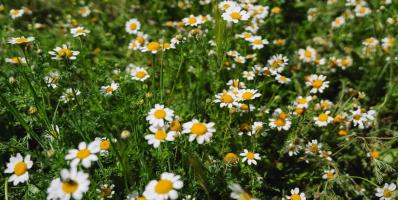Bernat Claramunt will take part in a Pyrenean expedition to show the effects of climate change in the mountains
There will be 15 stages in 15 days. This challenge will be faced by 15 brave people on foot to complete a scientific and cultural journey through the Catalan Pyrenees organised by the Societat Nova Geogràfica with the collaboration of CREAF.
Maurizio Mencuccini, the nomadic scientist
Single-board computers like the Raspberry Pi are helping revolutionize biological research and democratize science
A new review study published in Methods in Ecology and Evolution shows that low-cost open-source electronics are increasingly being used in science and are a key technological advancement to revolutionize biological research.
Imbalance-P places nutrient imbalance on the world agenda
The world is leading towards more accurate climate modelling, more equitable policymaking, and more sustainable food production thanks to the Imbalance-P project, with Josep Peñuelas, Michael Obersteiner, Ivan Janssens and Philippe Ciais.
A regenerative agriculture vegetable garden absorbs up to 30 times more CO2 per year than a conventional one
“Participating in ESCACC30 is a humbling experience: the research perspective combines with all the others to pave the way for something strategic”
CREAF’s ideas about Catalonia’s adaptation to climate change have reached ESCACC30, the territory’s Strategy for Adaptation to Climate Change 2021-2030, which the Catalan Office for Climate Change has been developing for some months now. As is reflected here, CREAF has been highly active in the corresponding participatory process.
CREAF, observer organisation at the 8th IPBES plenary session
Chemical compounds from Barcelona traffic found in Montseny Natural Park
Some chemical pollutants from road traffic and transported by sea breezes can alter climatic and ecological aspects, even in protected areas, according to a study by authors from CREAF and IDAEA-CSIC, among others.



